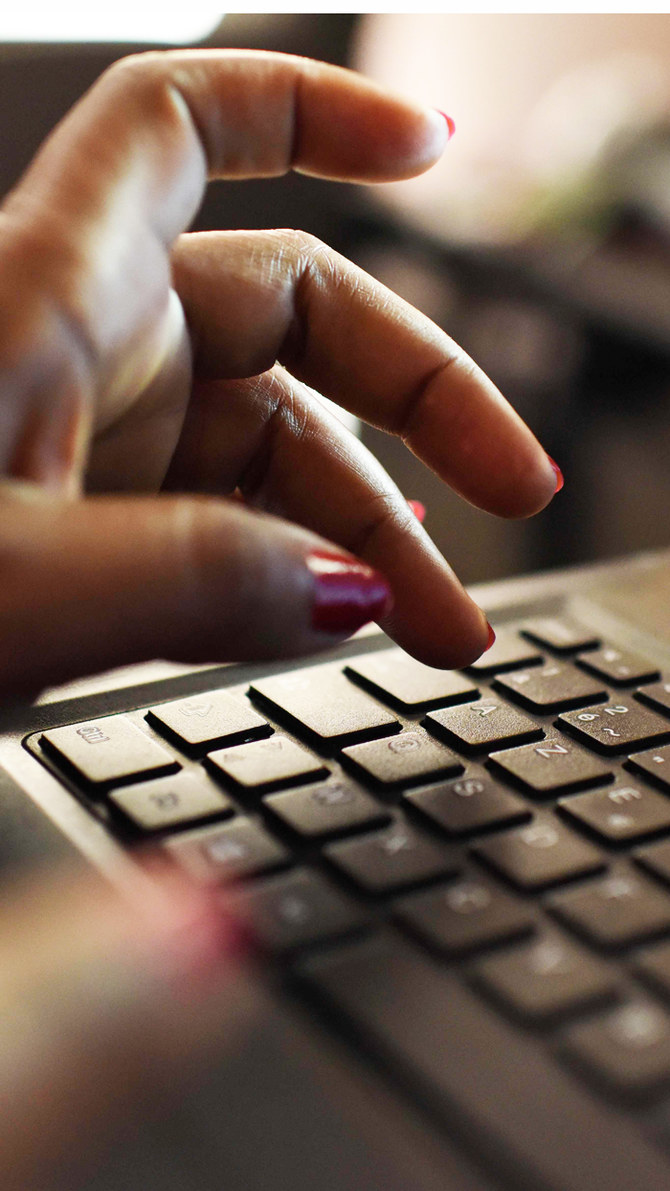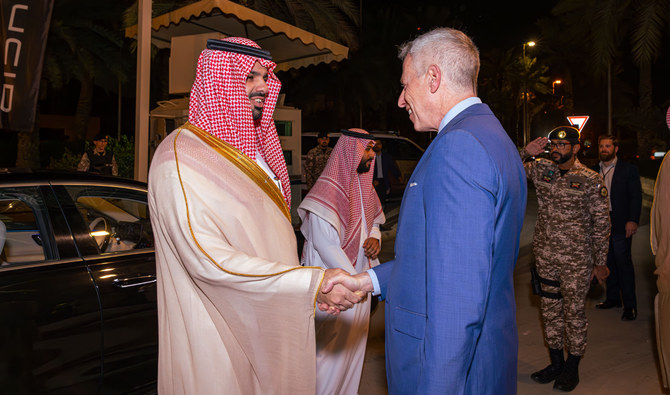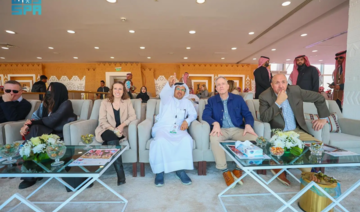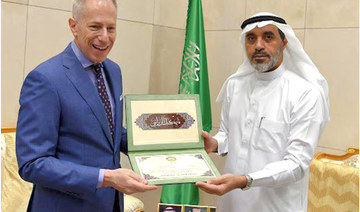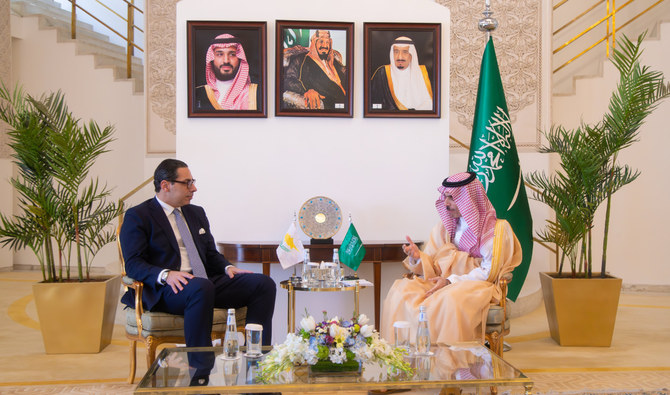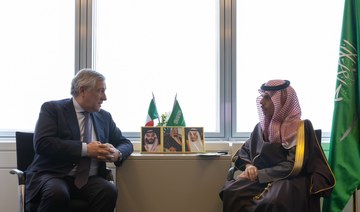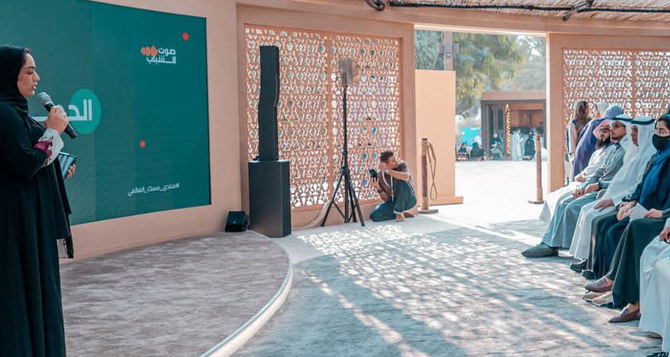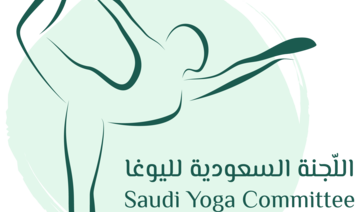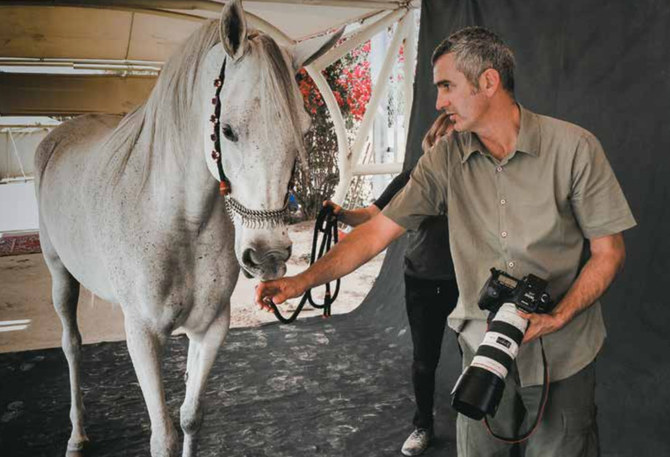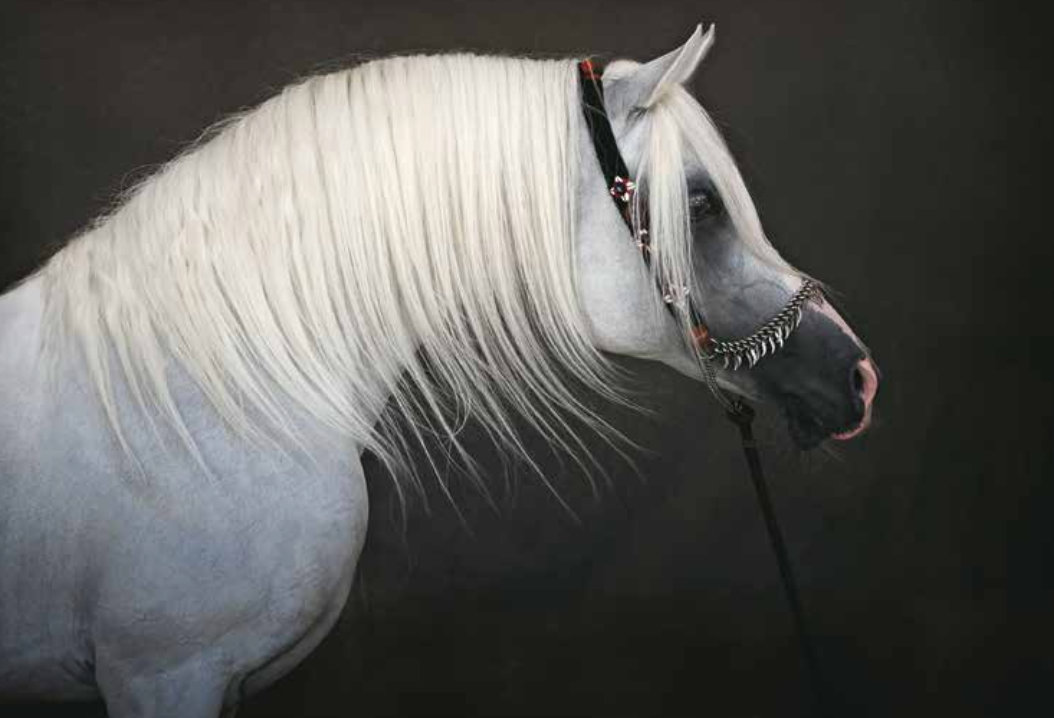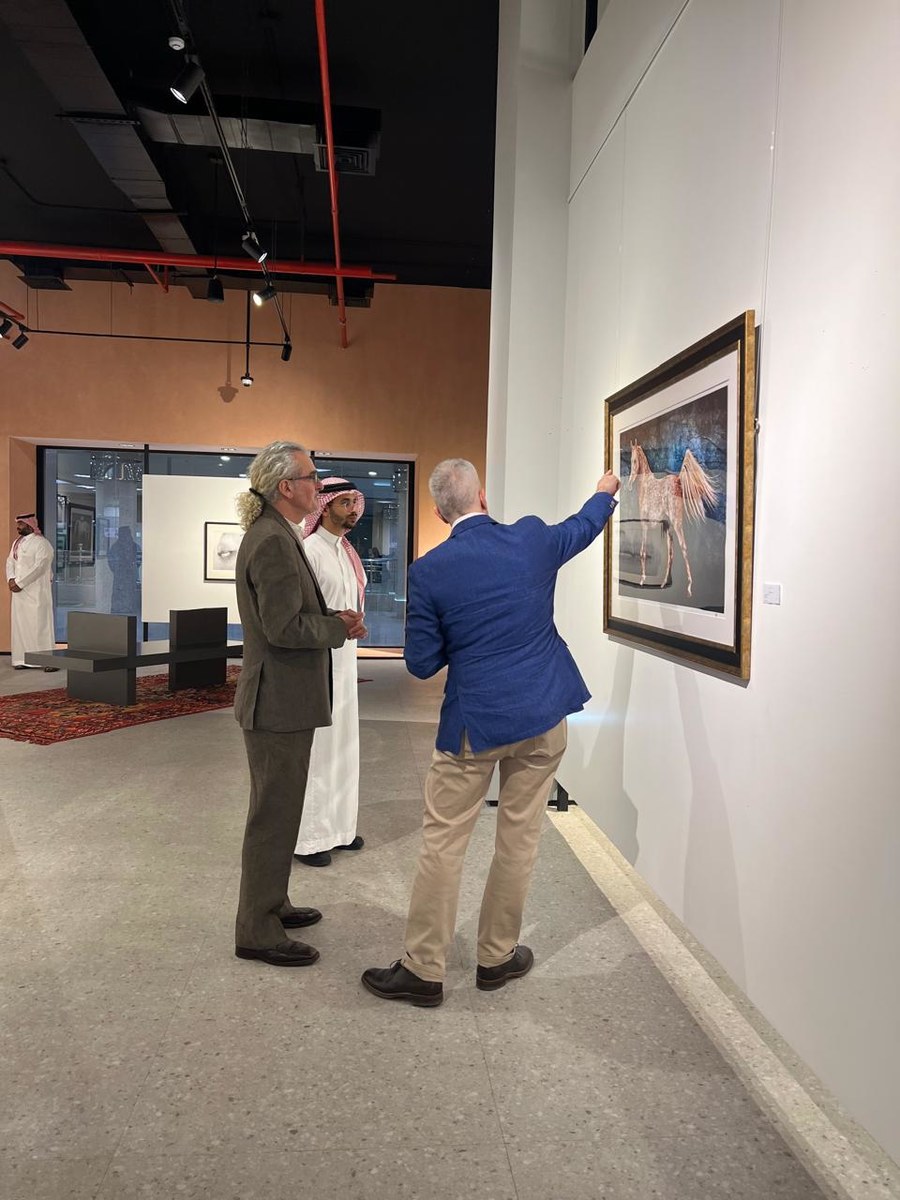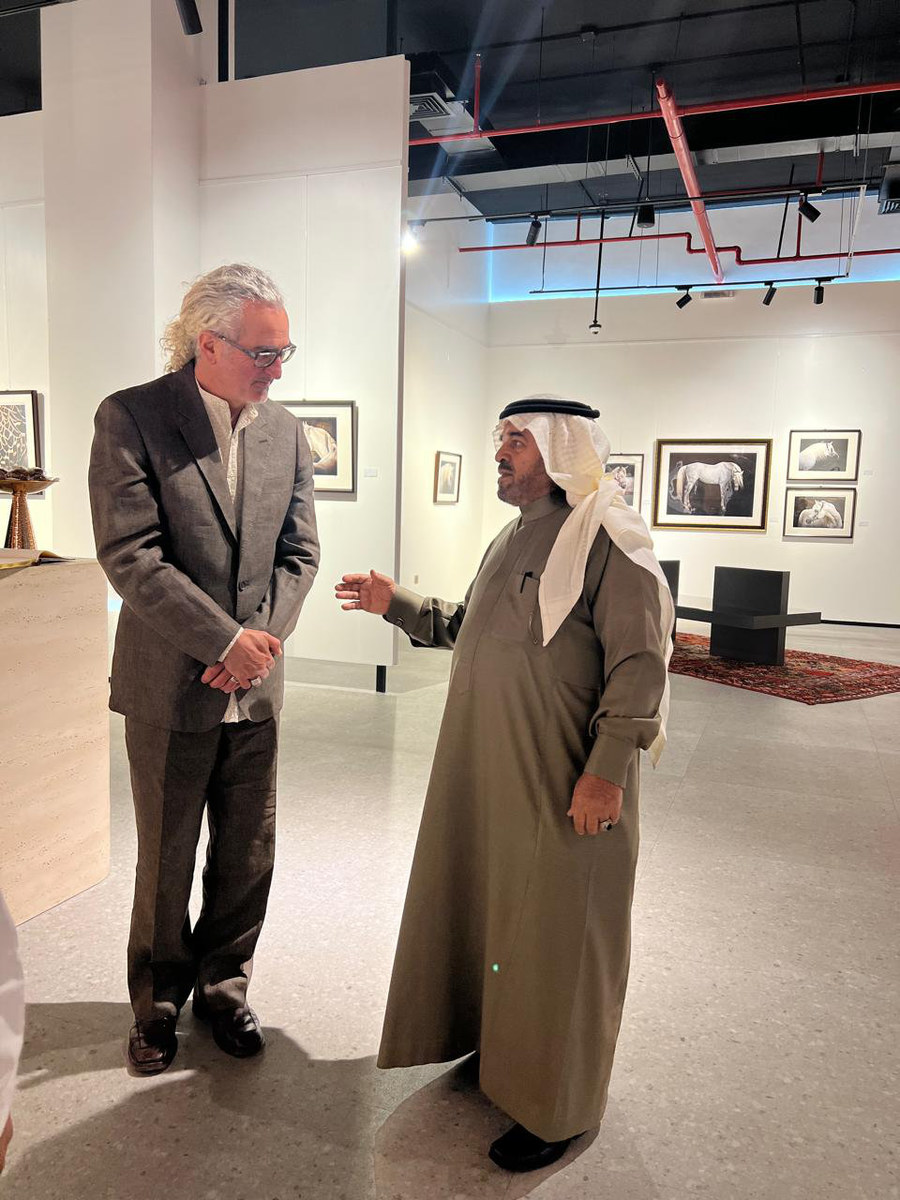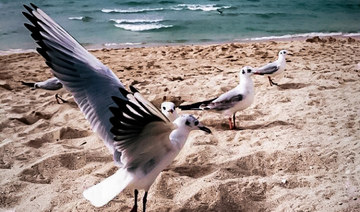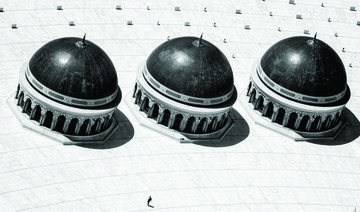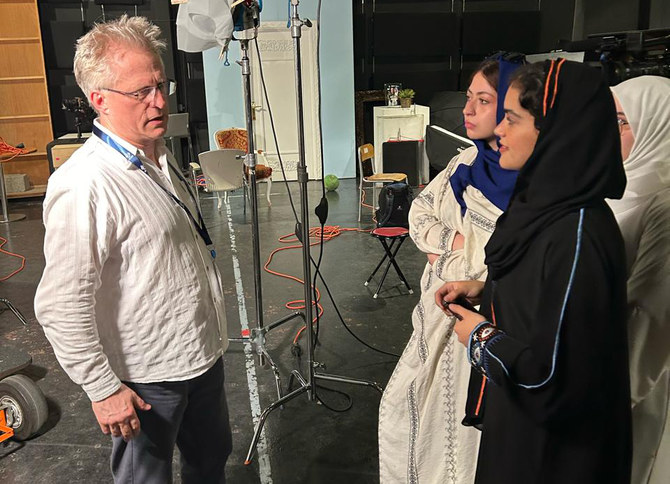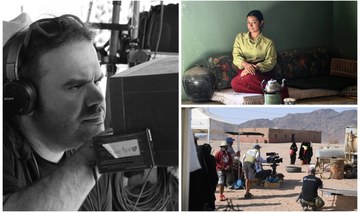DUBAI: Saudi Arabia is the target of the highest number of cyberattacks in the Middle East, with over 160,000 hitting servers every day. The aim of the attackers is simple: To cripple the national economy by targeting the online systems of public and private sector organizations.
Despite being one of the more technologically advanced nations in the region, a recent policy study, conducted by the Washington-based Global Foundation for Cyber Studies and Research, suggests that a lack of local training courses, and general unawareness of the dangers posed by cyberattacks, are leaving the Kingdom exposed.
“It was very important to conduct a policy study, to understand the landscape, dynamics and gaps of the cybersecurity measures in Saudi Arabia, and propose recommendations to the government and relevant (parties) for improvements,” said Dr. Muhammad Khurram Khan, founder and CEO of the foundation. “This policy paper could also play a pivotal role for other nations whose national infrastructures and economies are similar.”
Some of the key findings of the study, “Cybersecurity Challenges of Saudi Arabia: Past, Present and Future,” suggest that the Kingdom could improve its local training programs to promote a “cyber aware” culture in the country. “While Saudi Arabia is improving its cybersecurity in leaps and bounds, it also needs to pay careful attention to providing mandatory awareness and training programs at a national level,” said Khan.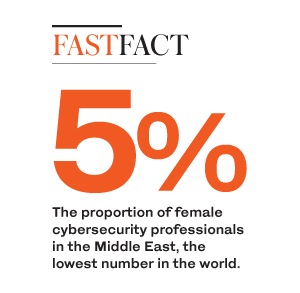
“Under the umbrella of the National Cybersecurity Authority, there is a dire need to start educational initiatives to develop the local Saudi industry, by (increasing) entrepreneurship and fostering a start-up culture, especially among young people.”
Cybercrime has caused severe financial losses for various companies in the Kingdom and abroad over the years, but it has also led to intelligence compromises, threatening national security. Government efforts to respond, though, have not always succeeded. With an increasing number of people regularly connected to the internet — up from 15 million in 2012 to 23 million last year — keeping pace with technology as it advances has proven tough.
“Social media terrorism and ‘hacktivism’ (the disruption of services rather than the theft of information) are two more challenging areas the Kingdom needs to work on,” Khan added. “Cyberspace has become the fifth domain of modern warfare, and it is a major national security issue. It is vital to develop local cybersecurity capabilities to combat the most stringent challenges.”
The government has already recognized this issue, working hard to enforce cybersecurity measures even more aggressively following attacks on Saudi Aramco in 2012.
In August 2017, another cyberattack on a petrochemical facility was thwarted due to a glitch in the malware coding. “Saudi Vision 2030 envisions secure and resilient digital infrastructure with high-speed internet access across the country,” Khan noted. “Therefore, the Kingdom needs to boost its cybersecurity.”
Other key findings of the study mention the need for legal, regulatory, disaster and recovery management policies for both public and private sector organizations in the cyber realm, as well as a need to address a dearth of women at any level of the industry.
“In the Middle East, women represent 5 percent of cybersecurity professionals, the lowest number in the world. So it is (important) to attract more, to open new opportunities for them in the pursuit of Vision 2030.”
According to Dr. Fatmah Baothman, the first woman in the Middle East with a doctorate in artificial intelligence and an assistant professor in computing and information technology at King Abdul Aziz University for more than 25 years, Saudi women are valuable assets to cybersecurity firms.
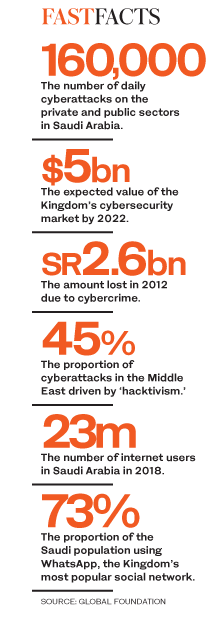 “They can help in designing security systems in education, banking, business and security management, and can act as consultants, developers and managers of security centers,” she said.
“They can help in designing security systems in education, banking, business and security management, and can act as consultants, developers and managers of security centers,” she said.
Cybersecurity is one of the fastest growing sectors in Saudi Arabia, with a market value expected to reach $5 billion by 2022. Some recent initiatives undertaken by the Kingdom include the establishment of the National Cybersecurity Authority, the Saudi Federation for Cybersecurity, Programming and Drones, and the Prince Mohammed bin Salman College of Cybersecurity, Artificial Intelligence and Advanced Technologies.
“It is one of the important topics for Vision 2030,” Baothman explained. “Saudi universities have designed special security tracks, and some have opened new departments, with a new college already established in Riyadh. At high-level national planning, cybersecurity is considered among the top priorities.”
For now, experts recommend more investment in the sector. “Middle Eastern countries, particularly Saudi Arabia and the UAE, face some of the highest numbers of cyberattacks globally,” said Ivan Dolensky, vice president of international sales at Fidelis Cybersecurity. “Couple this with the shortage of strong talent — estimated to be 1.8 million workers by 2022 — and it is easy to understand why security teams are overwhelmed. In fact, according to findings from a survey we conducted last year, 83 percent of companies cannot manage half of their daily security alerts.”
For Mark Leveratt, cybersecurity advisor to the Defense Services Marketing Council in Abu Dhabi, a strong framework will need to be put in place. “Saudi Arabia has done some work on this, and government agencies are looking to come up with a national security strategy,” he said. “Policies are being put in place, but you need to enact them and create general awareness. Our lives are now dependent upon technology, yet policies and laws are behind the pace at which it is developing.”
Regulating social media platforms remains a problem. “One of the greatest challenges with social media is anonymity, which is why trolling and fake news have been issues,” Leveratt explained. “We may need stronger ways of authenticating real people, which is very hard. But Saudi Arabia is investing in technology now, because they see it as a means of growing their economy post-oil, and they are achieving great things in terms of investment and growth, modelling a lot of what they are doing on the UAE.”




